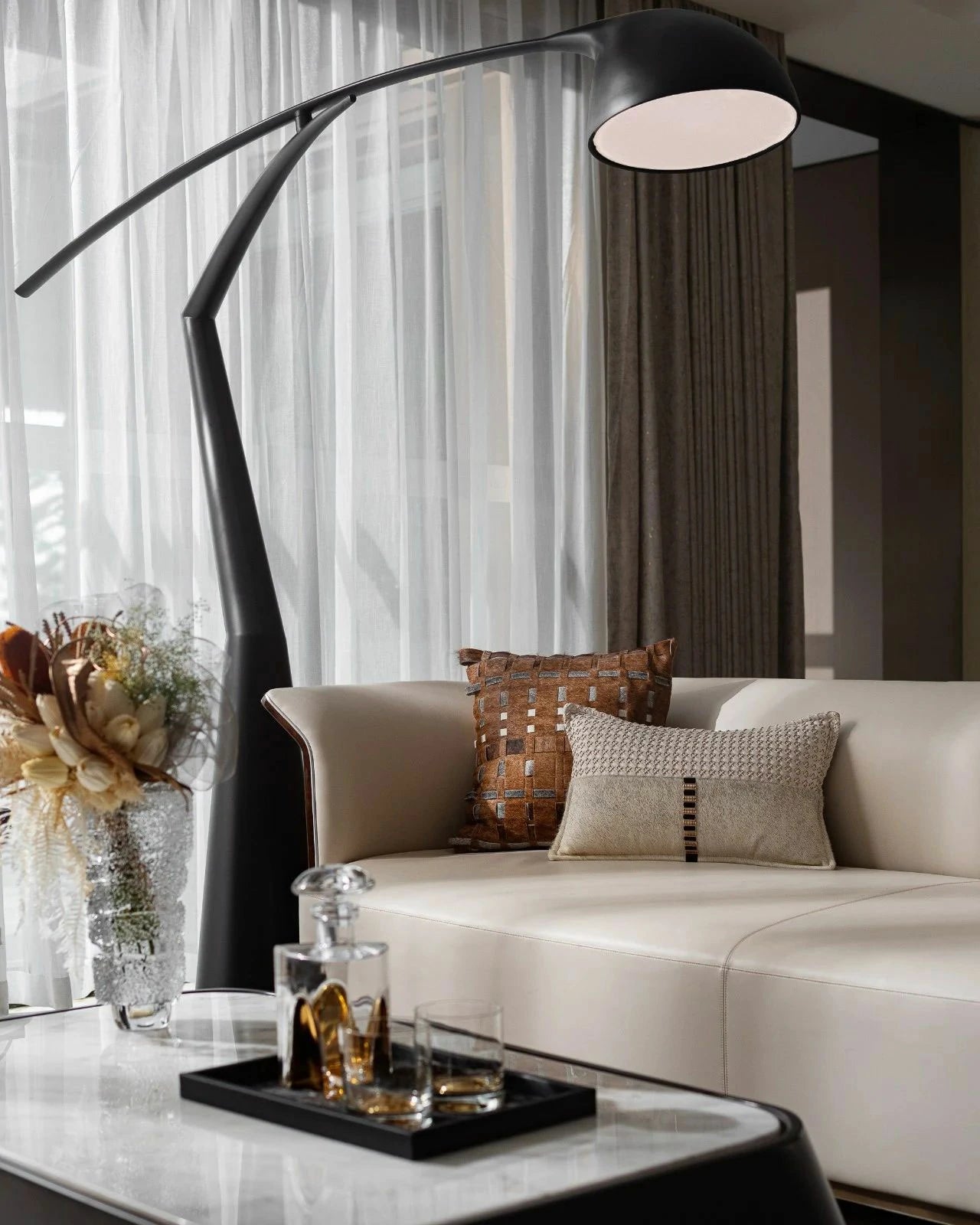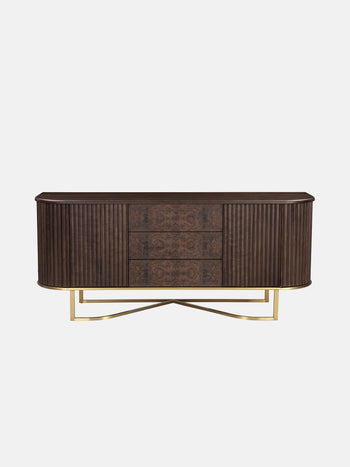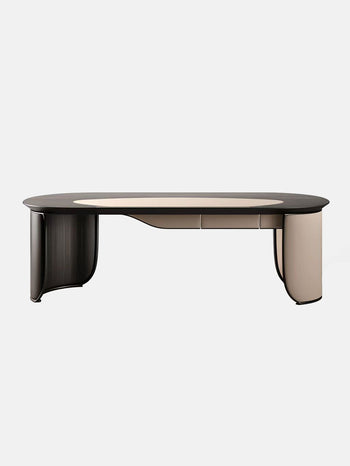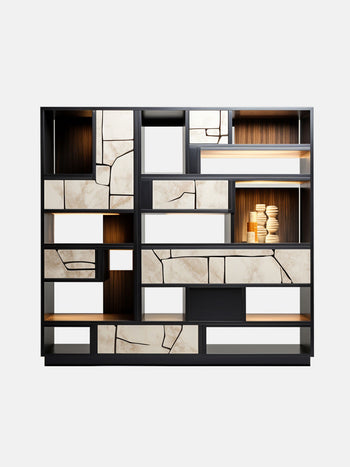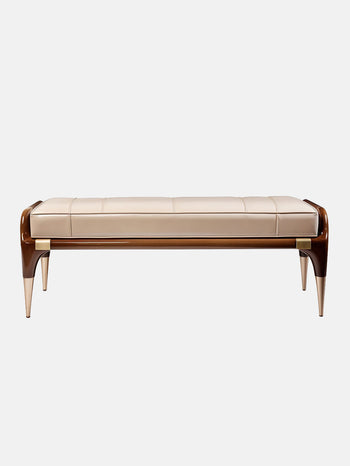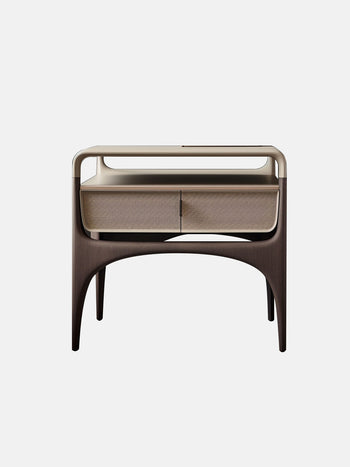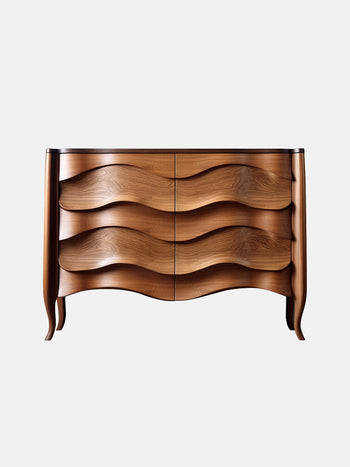Intergenerational Dialogue Art: How Modular Sofas Become the Soul Anchor of Domestic Spaces

Introduction
In intergenerational living philosophies, furniture transcends functionality to become the narrative thread of spatial storytelling.

When three generations’ lifestyles and aesthetic demands intertwine, how can a single piece of furniture enable fluid spatial transformations?

This article dissects a sofa blending Japanese philosophy with modern modular design, exploring how material dialogues, morphological reconfigurations, and scene permeation allow family interactions to organically flourish within confined dimensions.

Living Room | Floating Sofa’s Spatiotemporal Folding Technique
The ivory modular sofa, core of the space, echoes the natural texture of karesansui gravel in its low-saturation palette, yet subverts tradition through form. Its floating cubic modules, suspended via hidden supports, create visual detachment that interacts with mirrored walls.

These freely assembled cubes transform into a circular theater for parent-child play or dissolve into independent reading nooks, embodying the Japanese concept of ma (negative space).

The sofa’s stain-resistant sand-wash linen fabric mirrors the grittiness of karesansui sand while retaining warmth, contrasting with mid-century leather chairs. When children climb across floating modules, motion-activated LED strips beneath cast dynamic light patterns.

The designer reinterpreted depth ratios using the golden section, ensuring three generations—whether conversing in clusters or immersed in modular reading zones—maintain visual continuity with the infinite expanse of mirrored walls.

Dining Area | Floating Table’s Chronological Theater
If the sofa narrates the living room, the walnut floating dining table acts as emotional catalyst. Its carbonized wood-stainless steel composite top, cracked like ink washes, echoes the living room’s gravel veins.

Mountain-silhouette-inspired legs, both functional and sculptural, anchor the space—when grandparents, parents, and children dine together, linear LEDs beneath the table stretch cutlery shadows onto mirrored walls, inscribing a "family chronicle" in flux.

Guest Lounge | Deconstructive Social Vessel
In the lounge, modularity amplifies. Ivory units reconfigure into tiered discussion zones or combine with rattan cushions to evoke Japanese tea house aesthetics.

Hidden storage in sofa cores houses multi-generational crafts, while sliding surfaces transform into tea altars or easels. As light diffuses through stainless steel shades onto angular cuts, the space becomes an intergenerational art collective.

Bedroom | Floating Bed Frame’s Photographic Ritual
The master bedroom’s floating bedside cabinet inherits modular DNA—embedded LED strips interact with geometric wall patterns at dawn/dusk.

The bed itself reimagines tradition: walnut frames cradle memory foam cushions, their backrest arcs aligning with ergonomic curves for elders’ semi-reclined reading.

At night, reading lights behind frosted acrylic panels cast karesansui-like shadows across walls.

Conclusion: Furniture as Mediator
This modular sofa system redefines intergenerational spaces through "growing furniture"—a playground for children, ergonomic support for elders, a mirror-space collaborator, or an emotional focal point.

Where raw textures collide with tech-driven light, where fixed forms yield to reconfiguration, furniture becomes the intergenerational interface for co-writing life stories.

Here, the ultimate domestic design proposition emerges: not resolving generational divides, but scripting symbiotic grammars through shared artifacts.
Design Team | Zhu Conghao
If there's infringement, please contact for removal.
 New Creative
New Creative
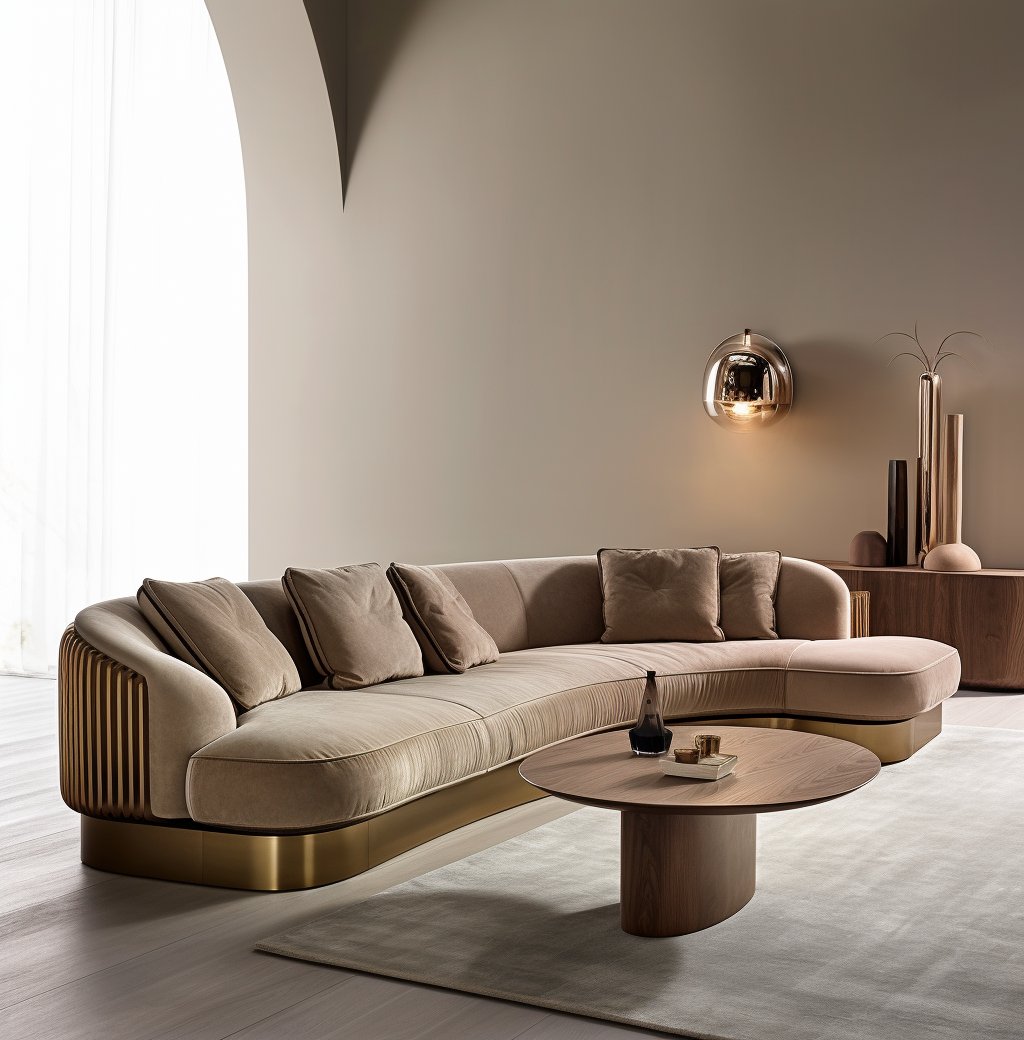 Best Sellers
Best Sellers
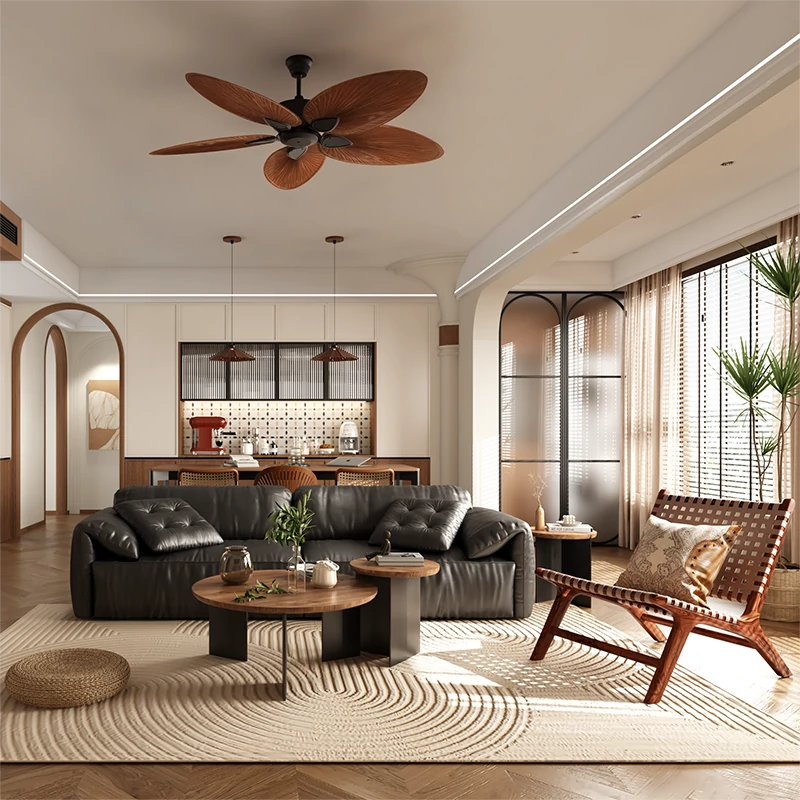 Shop The Look
Shop The Look
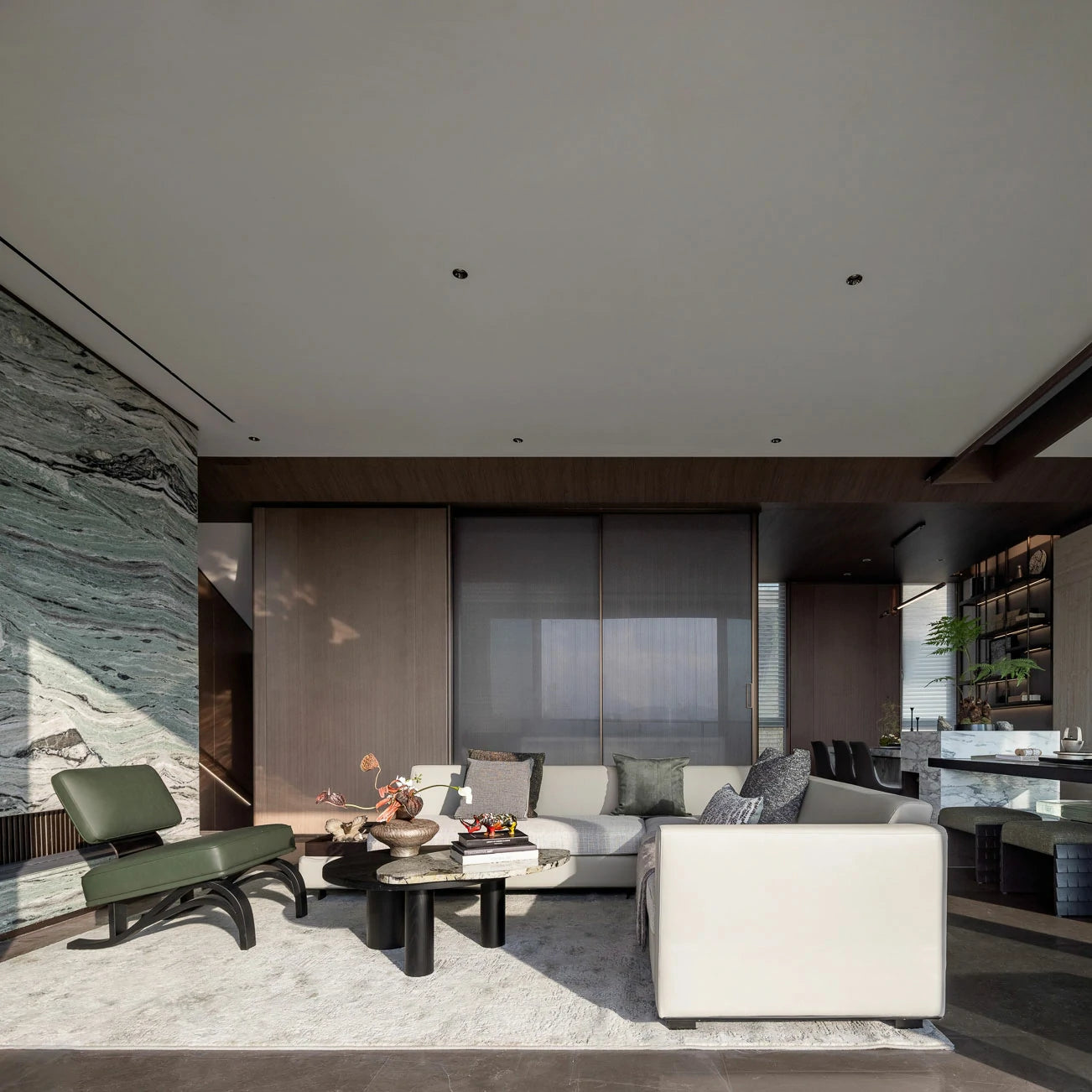 New Room
New Room
 Sofas & Seating Systems
Sofas & Seating Systems
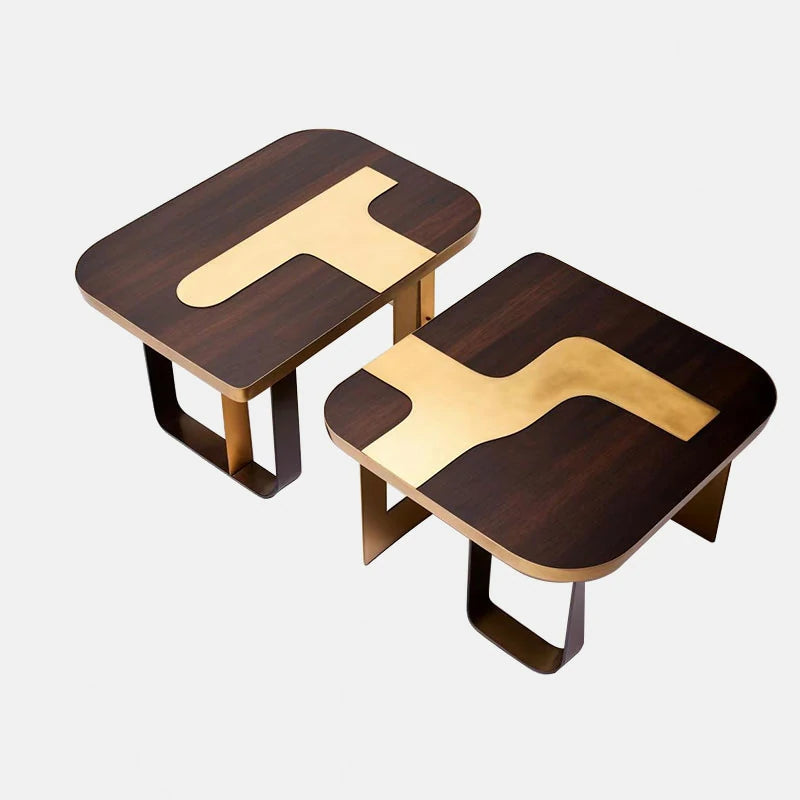 Coffeetables & Sidetables
Coffeetables & Sidetables
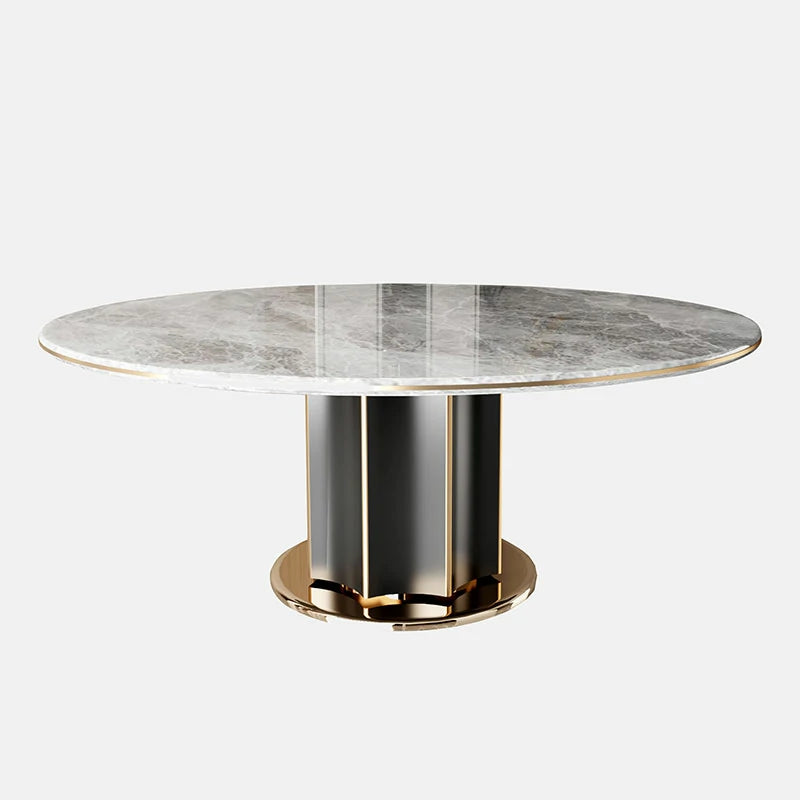 Tables
Tables
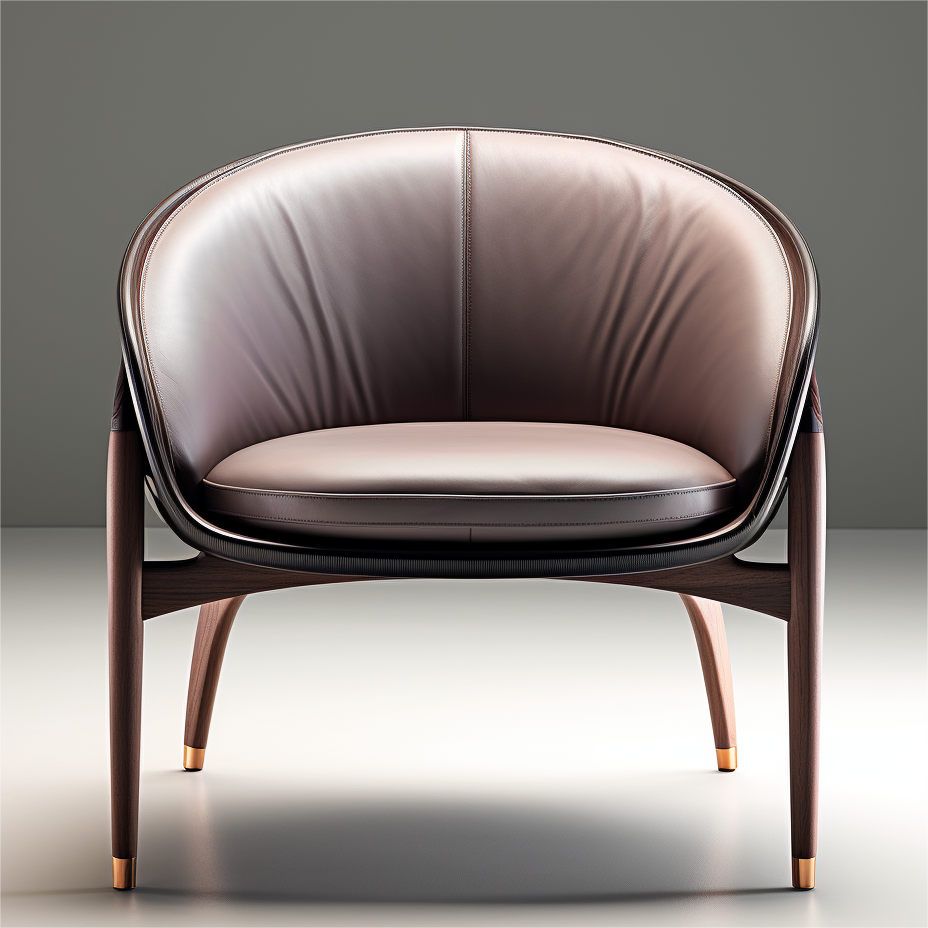 Chairs
Chairs
 Beds
Beds
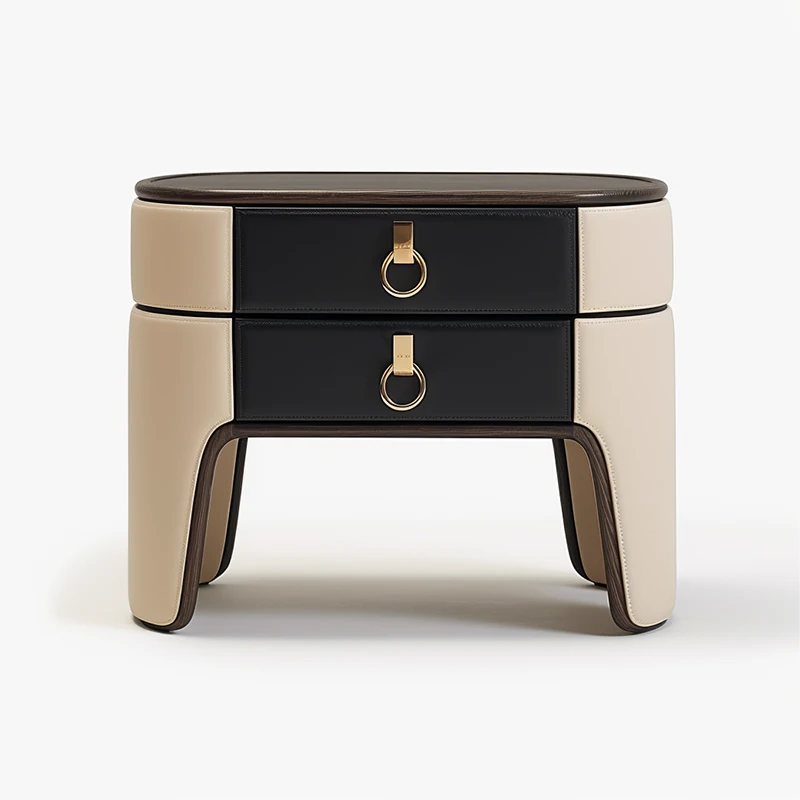 Nightstands & Vanities
Nightstands & Vanities
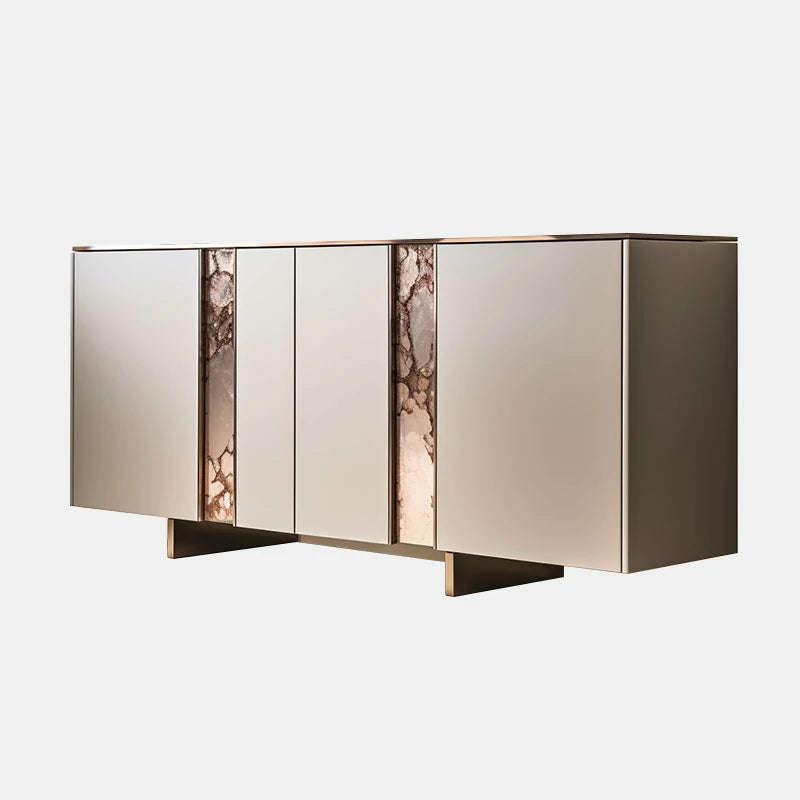 Sideboards & Bookcases
Sideboards & Bookcases
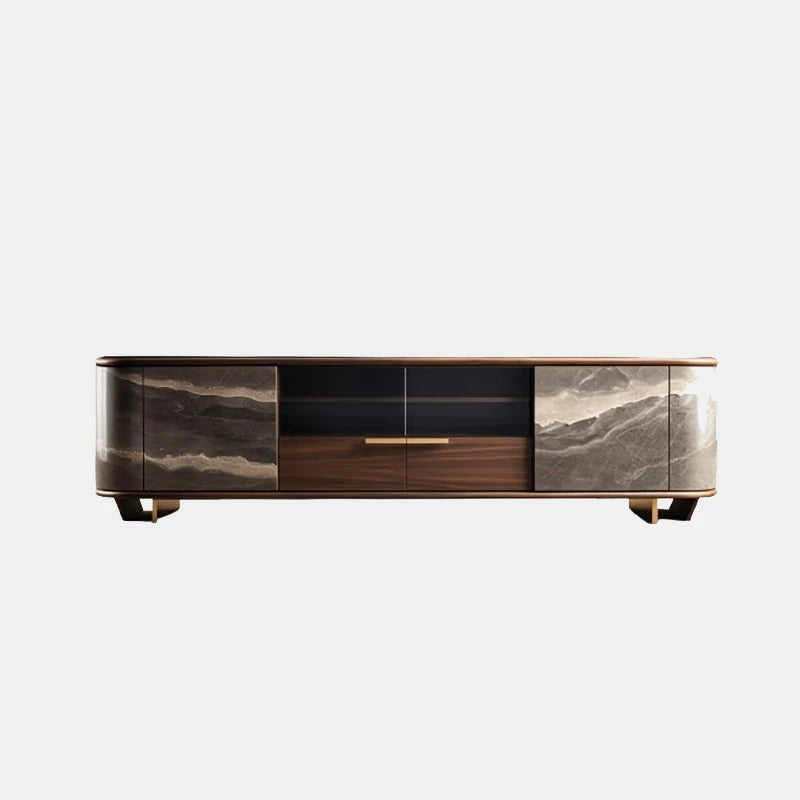 Console
Console
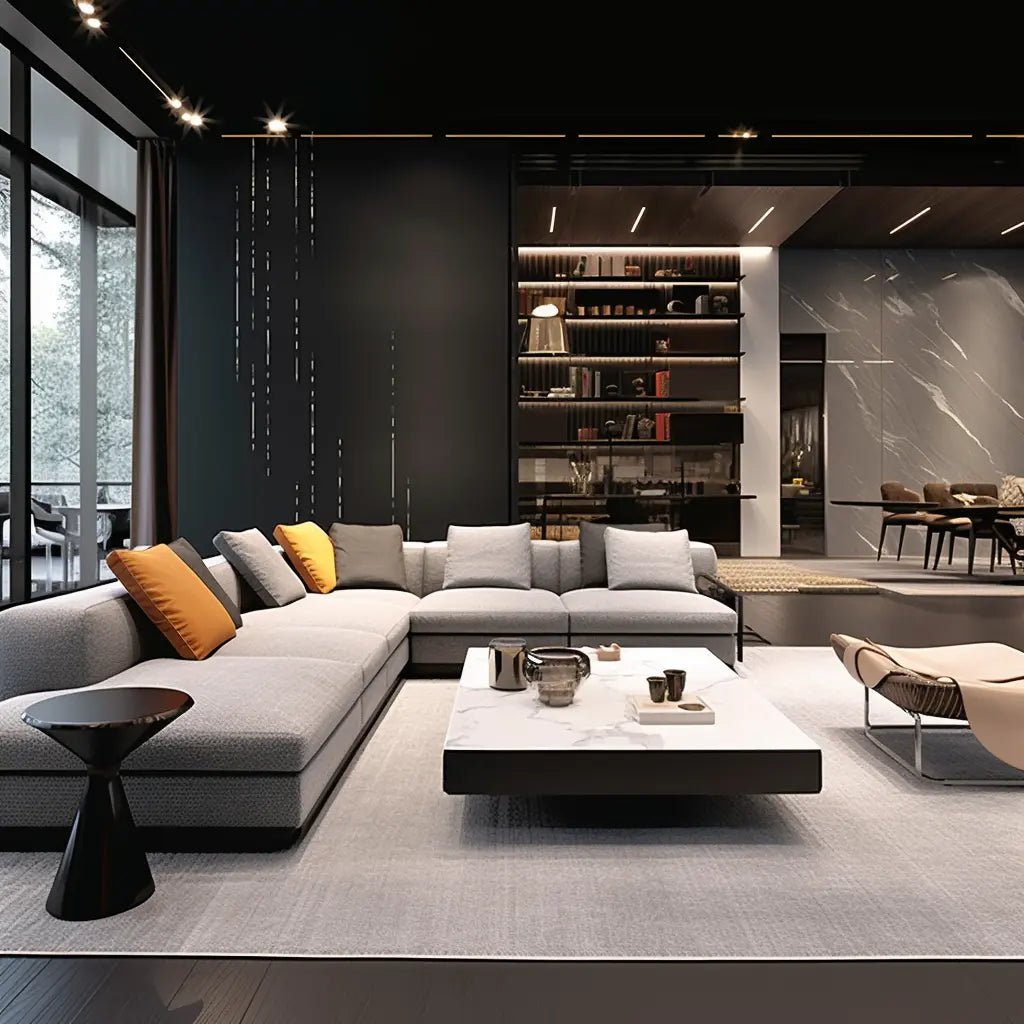 Livingroom
Livingroom
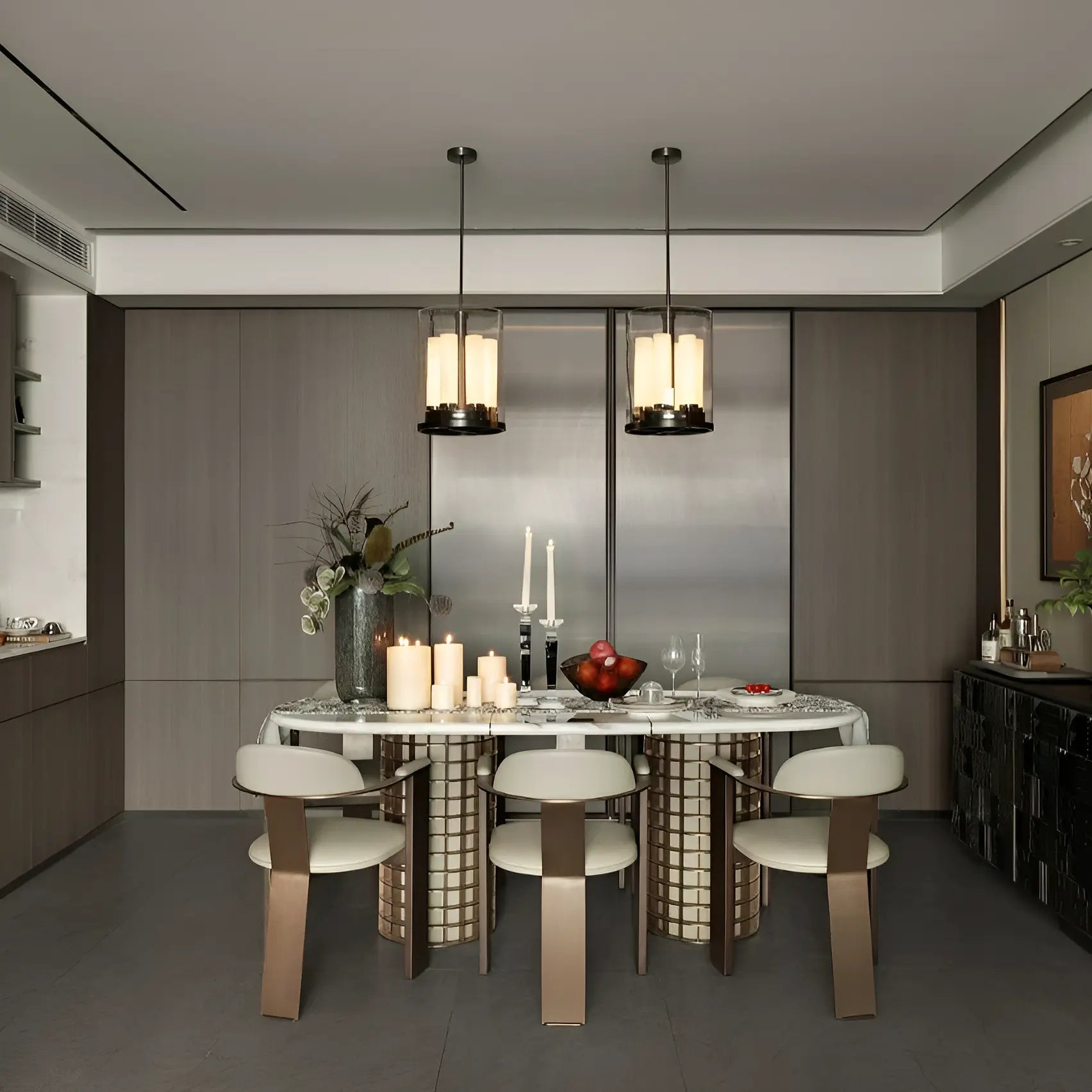 Diningroom
Diningroom
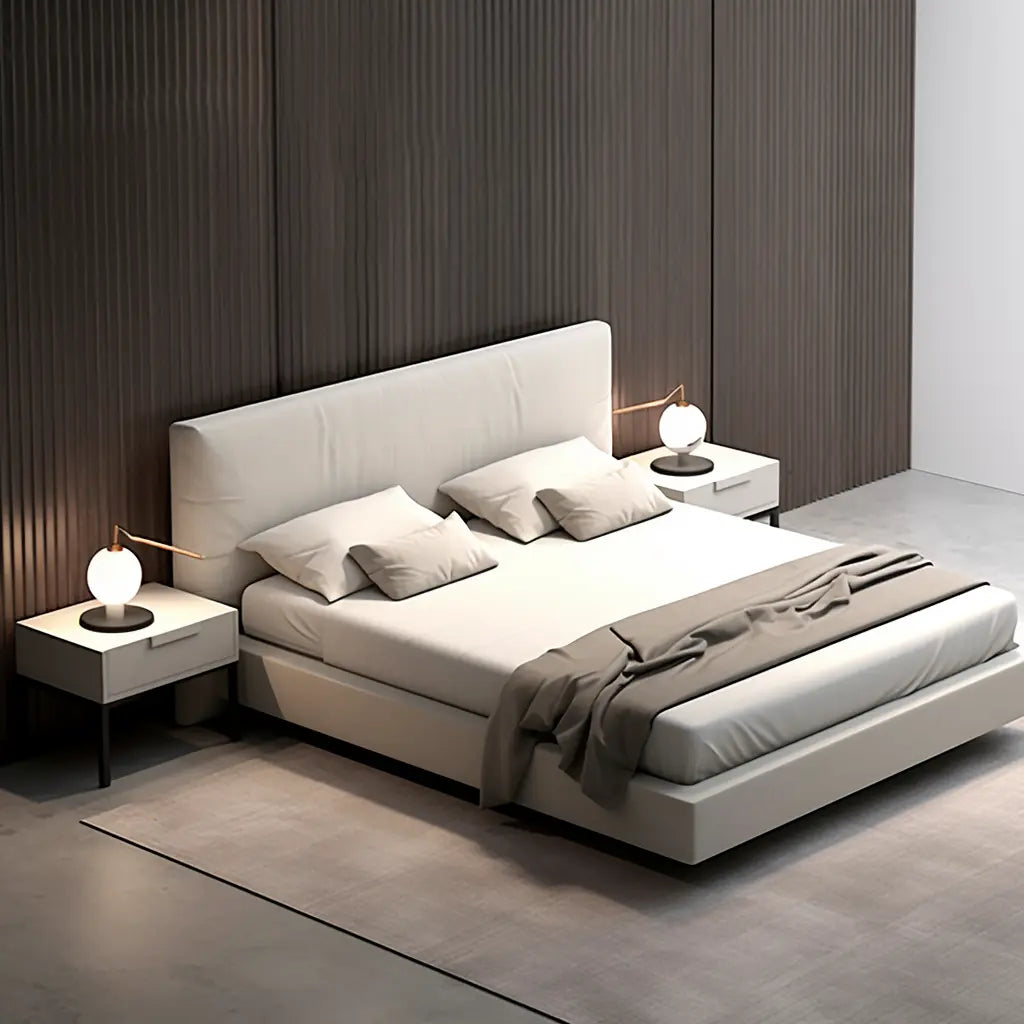 Bedroom
Bedroom
 Officeroom
Officeroom
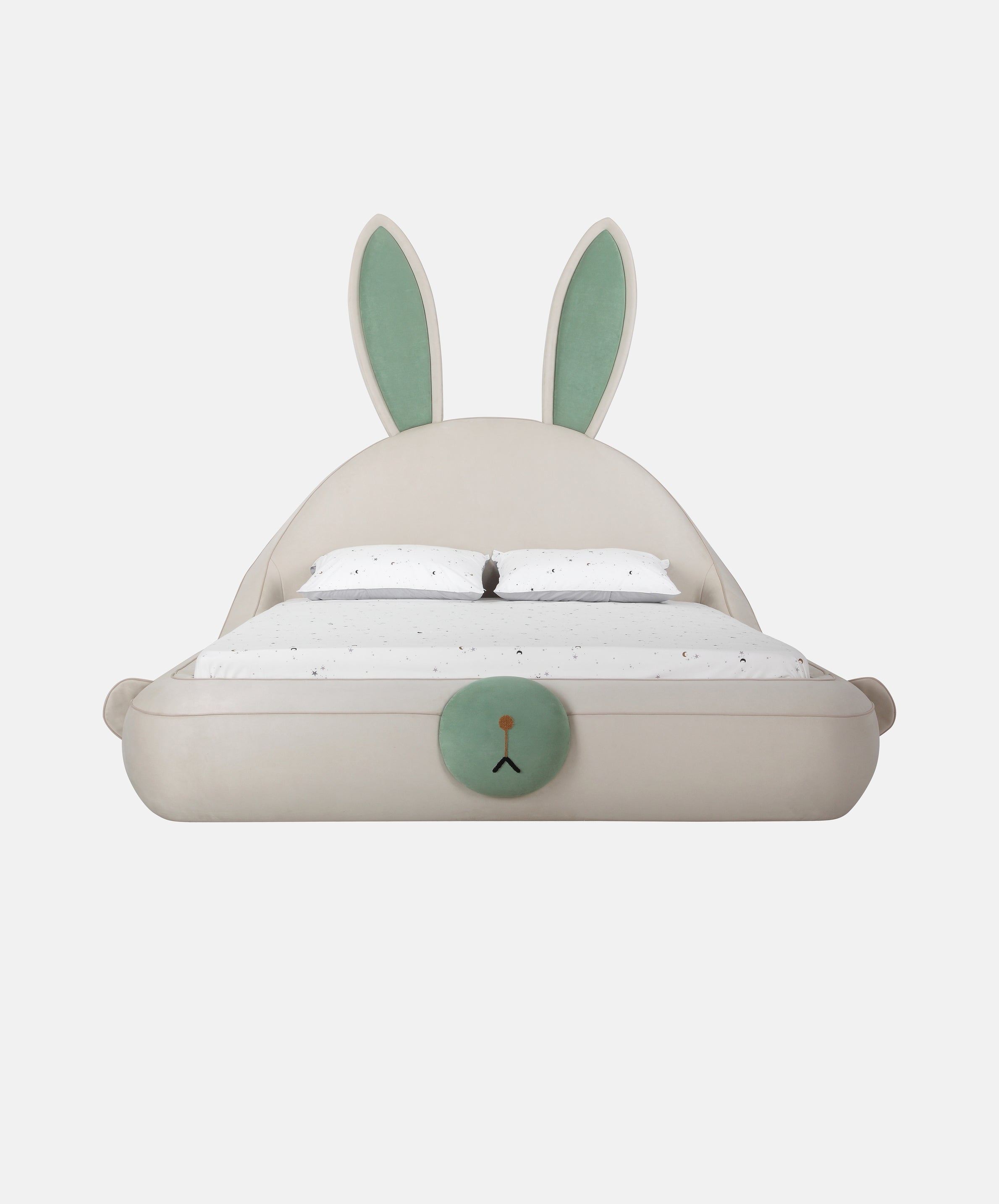 Cartoon & Children
Cartoon & Children




 About Us
About Us
 Sustainability
Sustainability
 Gentle Wood and Soft Curves: An Ideal Home Scene
Gentle Wood and Soft Curves: An Ideal Home Scene
 The Philosophy of Life Around the Dining Table: Finding Peace Between Nature and Modernity
The Philosophy of Life Around the Dining Table: Finding Peace Between Nature and Modernity
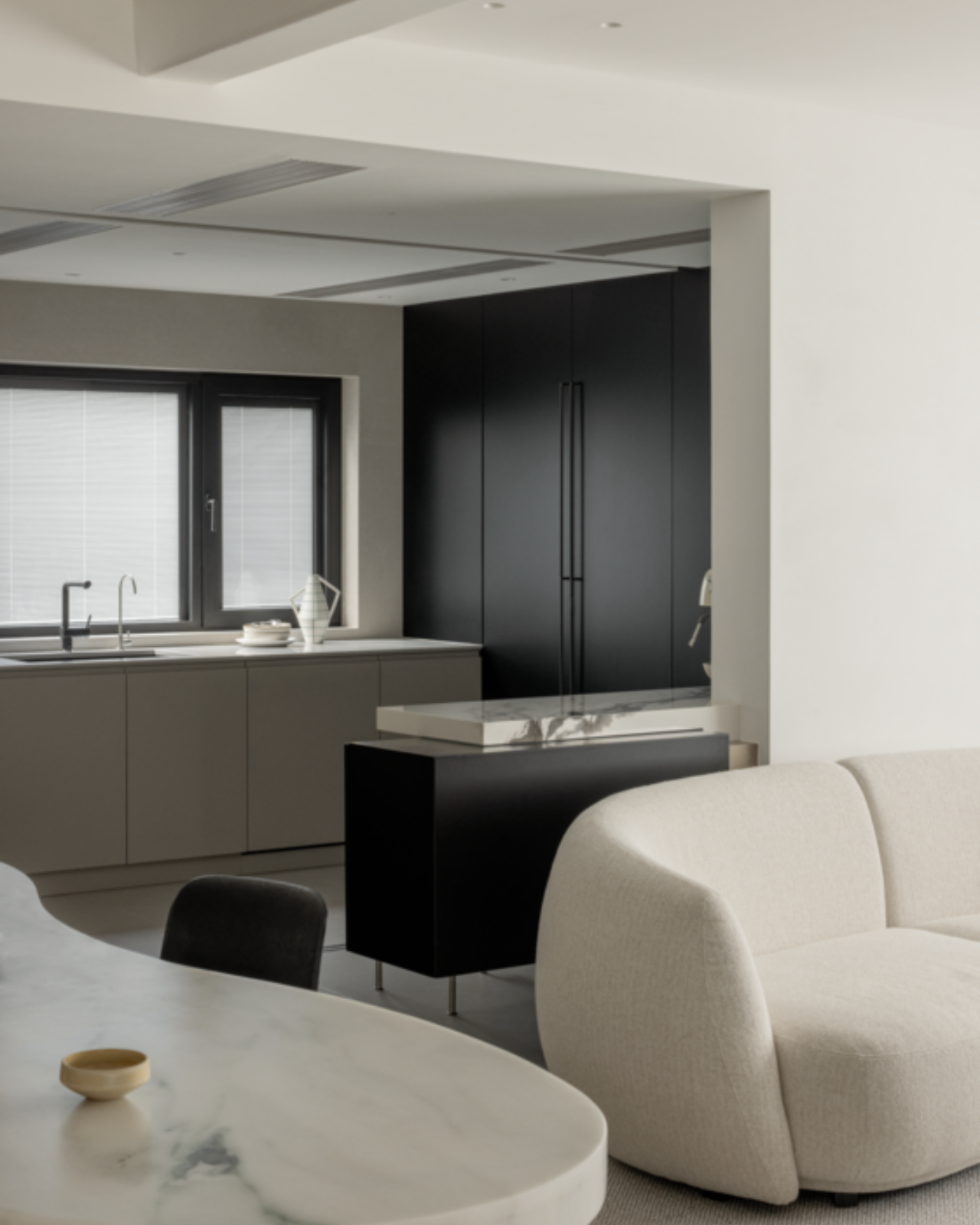 The Fusion of Comfort and Art: The Story of the Sofa at Home
The Fusion of Comfort and Art: The Story of the Sofa at Home


